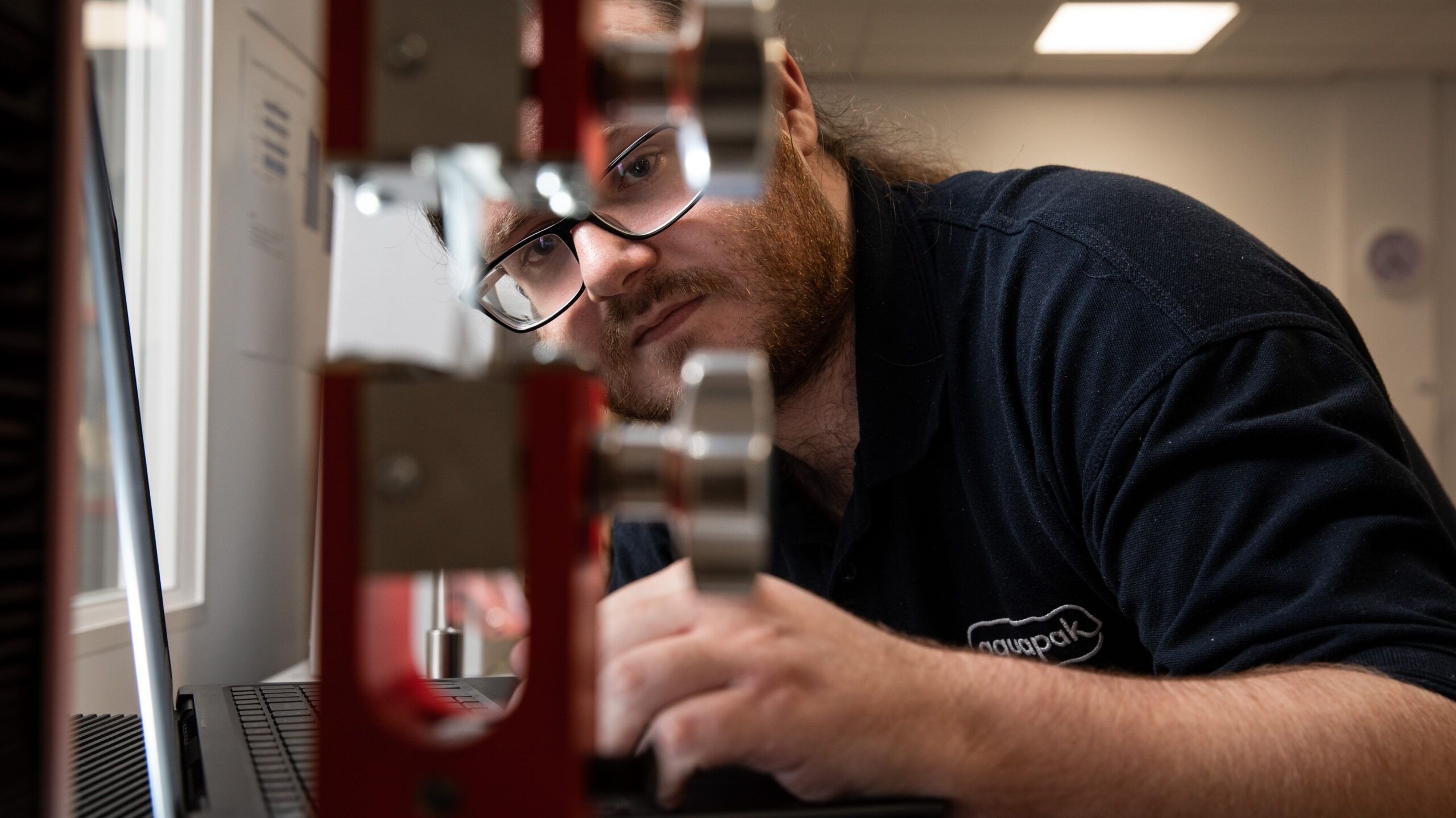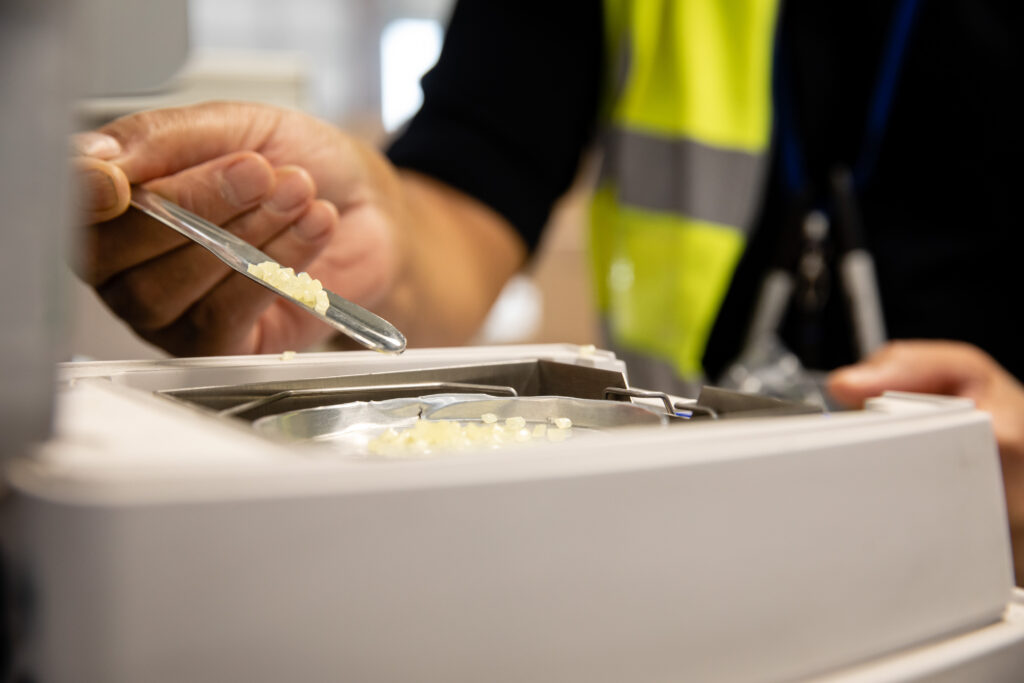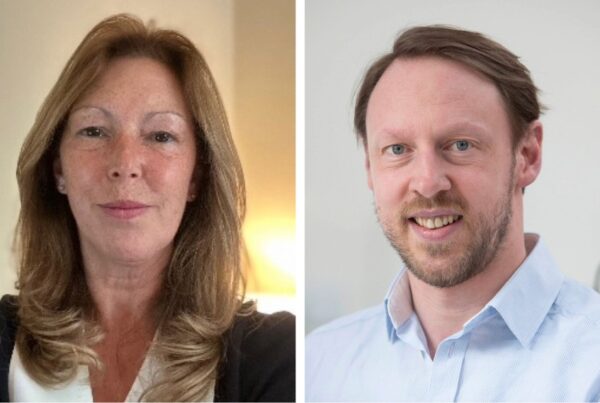Aquapak Polymers Ltd, which specialises in polymer-based material technologies that can deliver both performance and environmental responsibility at scale, is today announcing a unique ‘Prosperity Partnership’ with the University of Birmingham to help tackle the plastic waste crisis – one of the most significant challenges facing society today.
The three-year project, which brings together world leaders in their fields, is being funded by the Engineering and Physical Sciences Research Council (EPSRC), Aquapak, Siemens and the University of Birmingham, with a combined value of £1.7M.

While plastic’s unique combination of light weight and high durability makes it irreplaceable in many applications, the end-of-life consequences of these materials currently carry severe negative consequences. At present, most end-of-life plastics are either landfilled, dumped, or incinerated, leading to the pollution of soil and waterways, and the release of significant volumes of CO2 into the atmosphere, thereby also exacerbating the wider climate crisis. There exist two main alternatives to these environmentally damaging end-of-life options: replacing conventional plastics with alternative, biodegradable polymers, or increasing the recyclability of plastics. Through this Prosperity Partnership, they aim to bring both possibilities closer to widespread adoption.
Bio-polymer development planning
Aquapak has already successfully developed and commercialised Hydropol™, a highly functional, specialty environmental polymer that allows product design to support the circular economy – by enabling recycling and delivering multiple end-of-life options. The project will help further develop Aquapak’s novel polymer products which are both recyclable and biodegradable yet retain – or even exceed – the durability and versatility of conventional plastics. Crucially, it will also develop entirely new, bio-derived polymers, and maximise the energy- and resource-efficiency of the production process through the application of novel evolutionary optimisation techniques, thus ensuring sustainability at all levels.
World-leading R&D and AI-enabled optimisation
There are three long-term ambitions of the partnership. First, to use the diverse skills of the multidisciplinary team to help Aquapak develop world-leading, digitally-driven R&D capabilities. Second, to use these capabilities to facilitate rapid, efficient, AI-enabled optimisation and expansion of Aquapak’s primary processes, and development of new products with novel functionality. Third, facilitate the wider adoption of Aquapak’s recyclable and biodegradable polymer products, thereby playing a small but significant role in addressing the global plastic crisis.
The project brings together a world class multi-disciplinary team of researchers from the University’s Schools of Chemical Engineering, Chemistry, Mechanical Engineering, Metallurgy & Materials and Physics providing an extensive array of tools including world-leading positron, x-ray and optical imaging capabilities, particle, fluid, process and chemical kinetic modelling capabilities, and diverse ML, AI and data science skills, alongside cutting-edge experimental and computational facilities.


Dr John Williams, Chief Technology Officer at Aquapak, said: “This is an exciting project which brings together Aquapak’s expertise with leading experts from a range of disciplines from the University of Birmingham. The objective is to optimise and scale up Aquapak’s capabilities and support the discovery and development of new products.”
Dr Kit Windows-Yule who is leading the project at the University of Birmingham said: “This is an important partnership between two institutions which has the potential to solve one of the greatest environmental challenges of our time and stands to bring significant economic benefit to an area where three fifths of households live in deprivation.”



